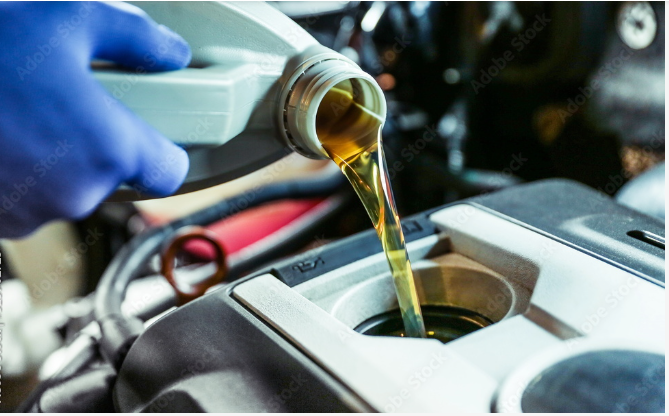As a car owner, you know that regular maintenance is crucial to keep your vehicle running smoothly and prolong its lifespan. One of the most critical components of car maintenance is engine oil. Engine oil plays a vital role in the proper functioning of your car’s engine, and using the right type of oil can make all the difference. In this blog post, we’ll delve into the importance of engine oil, its functions, and the different types of oil available in the market.
Why is Engine Oil Important?
Engine oil is often referred to as the lifeblood of your car’s engine. It performs several critical functions that ensure your engine runs efficiently and lasts longer. Here are some of the reasons why engine oil is essential:
- Lubrication: Engine oil lubricates the moving parts of your engine, reducing friction and wear on components like piston rings, cylinders, and valves. This helps to prevent overheating, corrosion, and premature wear.
- Cooling: Engine oil helps to cool the engine by transferring heat from the combustion process to the cooling system.
- Cleaning: Engine oil picks up dirt, debris, and contaminants that can damage your engine, carrying them to the oil filter where they’re trapped.
- Sealing: Engine oil helps to seal the gaps between moving parts, preventing compression loss and ensuring proper engine performance.
Types of Engine Oil
With so many types of engine oil available, it can be overwhelming to choose the right one for your car. Here are some of the most common types of engine oil:
- Conventional Oil: This is the most widely used type of engine oil. It’s a petroleum-based oil that’s suitable for most passenger vehicles.
- Synthetic Oil: Synthetic oil is a high-performance oil that’s designed for extreme temperatures, heavy loads, and high-performance engines. It provides better lubrication, lasts longer, and offers superior protection.
- Synthetic Blend Oil: This type of oil is a blend of conventional and synthetic oil. It offers better performance than conventional oil but is more affordable than full synthetic oil.
- High Mileage Oil: This type of oil is designed for vehicles with high mileage (over 75,000 miles). It contains conditioners that help to seal gaskets and seals, reducing oil leaks and consumption.
- Full Synthetic Oil: This type of oil is designed for high-performance engines, racing, and extreme driving conditions. It provides superior lubrication, wear protection, and fuel efficiency.
- Diesel Oil: This type of oil is designed for diesel engines, which require a different type of lubrication than gasoline engines.
- Racing Oil: This type of oil is designed for high-performance racing engines, providing superior lubrication and wear protection under extreme conditions.
Choosing the Right Engine Oil for Your Car
When choosing the right engine oil for your car, consider the following factors:
- Vehicle Make and Model: Check your car’s owner’s manual to see what type of oil is recommended.
- Driving Conditions: If you drive in extreme temperatures, tow a trailer, or drive in stop-and-go traffic, you may need a more heavy-duty oil.
- Engine Type: If you have a high-performance engine, diesel engine, or turbocharged engine, you may need a specialized oil.
- Mileage: If you have a high-mileage vehicle, consider using a high-mileage oil.
Conclusion
Engine oil is a critical component of car maintenance, and using the right type of oil can make a significant difference in your car’s performance and longevity. By understanding the importance of engine oil and the different types available, you can make an informed decision when choosing the right oil for your car. Remember to always check your car’s owner’s manual and consult with a mechanic if you’re unsure about the best oil for your vehicle.




